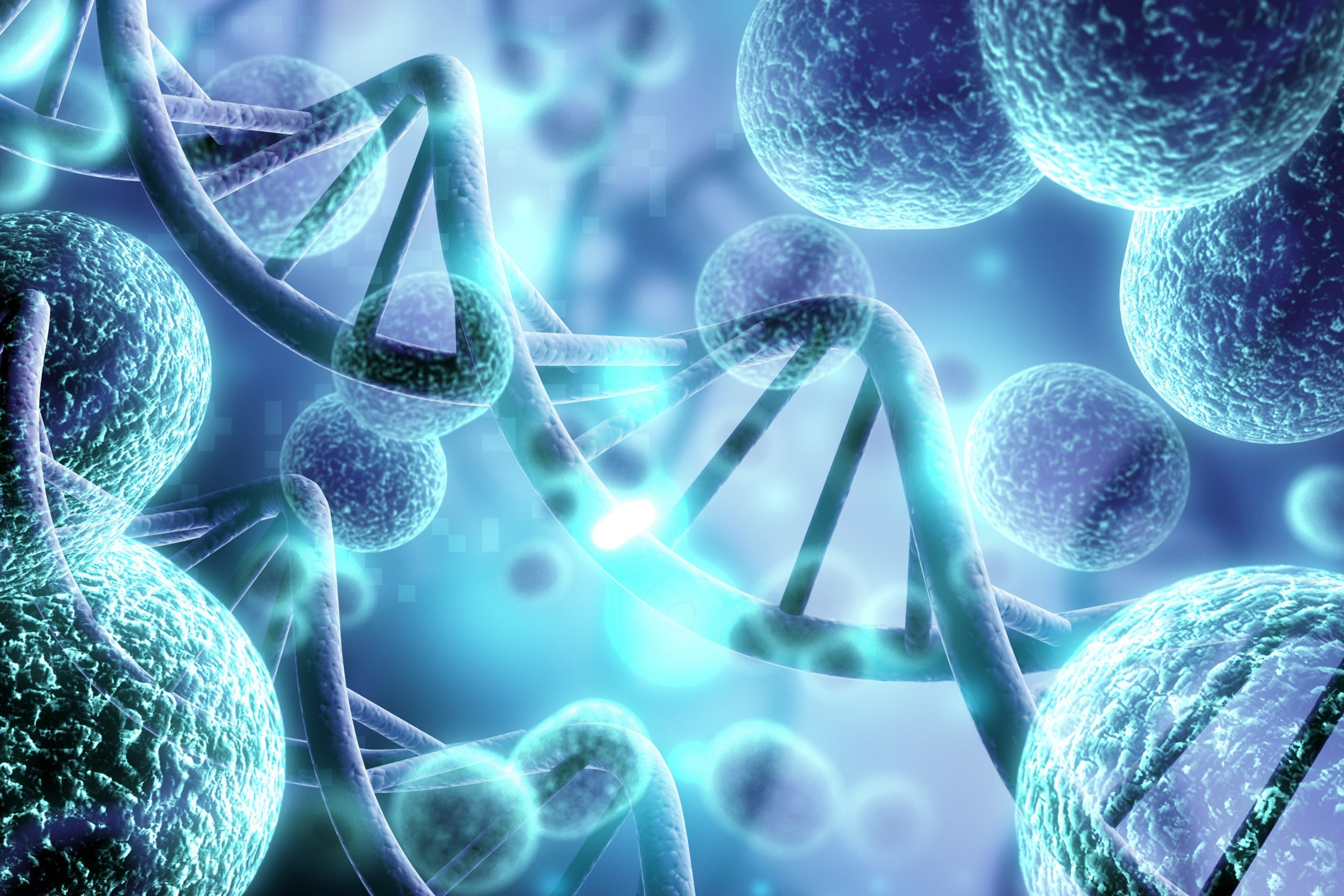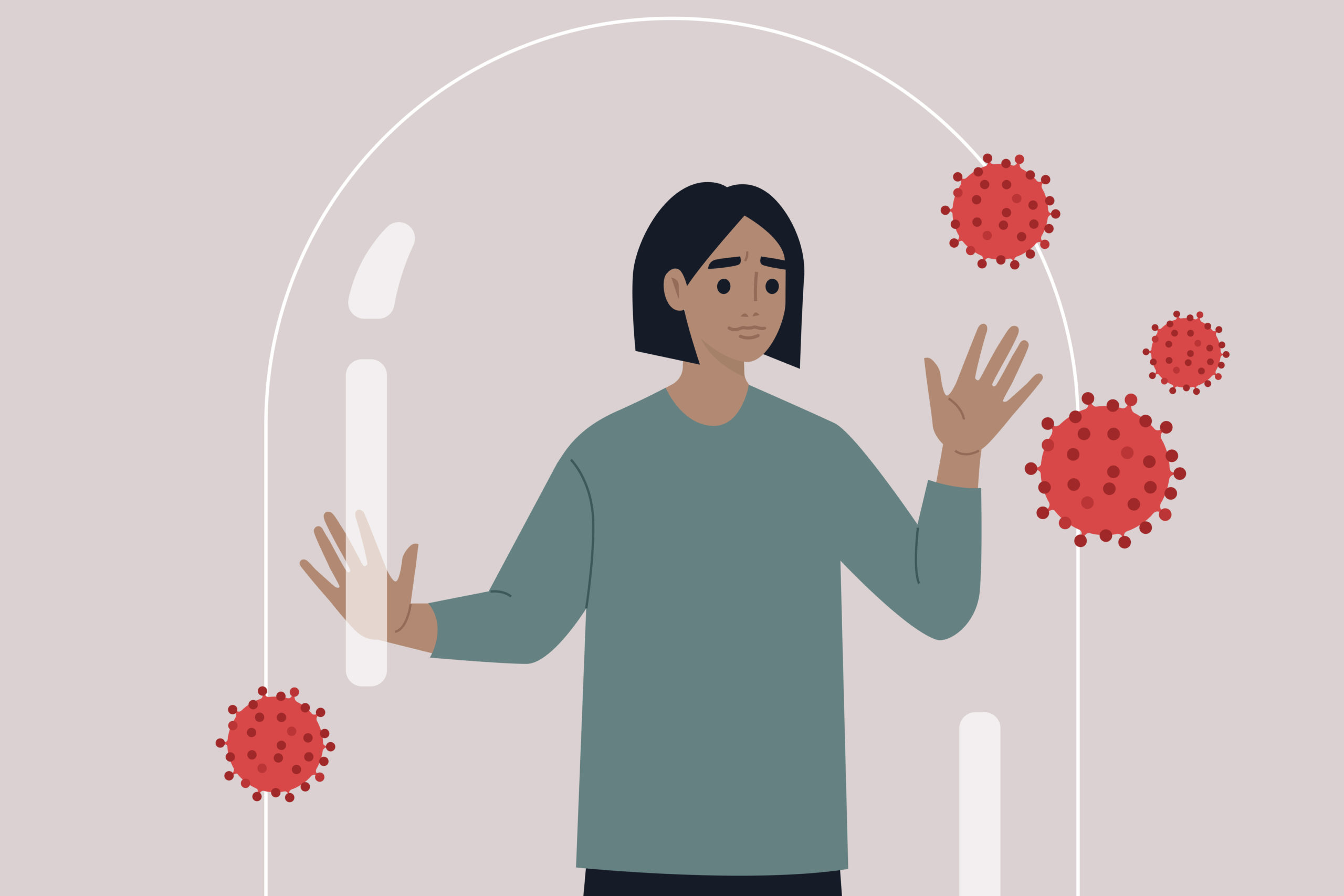Ageing is complex. It’s obvious that we all age differently and this is due to many different factors – DNA, lifestyle, diet, culture, exercise, stress, illness, sun exposure and more. However, its also down to the health of your cells which affects everything in your body, bones, brain, organs, muscles and joints, as well as blood pressure and immunity. The more you discover about your cells, the better equipped you are to look after them.
What Happens To Our Cells as We Age
When we are born, our cells grow and develop, and starting in our 20’s they begin to deteriorate. The signs of ageing usually show in our 30’s – including on our skin, in our bones and joints and our cardiovascular, digestive and nervous system.
As we continue to age, waste products and fatty substances build up in tissue. Connective tissue becomes stiffer, making organs, blood vessels and airways more rigid. Cell membranes also change, so tissue has trouble getting the oxygen and nutrients it needs. Many tissues lose mass, and can become lumpy or more rigid.
- Cells become less able to divide.
- The telomeres at the end of cells get shorter.
- More toxins and waste products accumulate in cells.
- Organs functional capacity decreases.
- The heart becomes less efficient at pumping cells around the body.
- Cellular responsive and ability to repair slows down affecting digestion, bones, muscles, tissues.
- Skin gets thinner and becomes less elastic.
Due to cell and tissue changes, your organs also change. They can lose function, although most people don’t notice it immediately as we rarely use our organs to their fullest ability. Organs have a reserve ability to function, for example a 20 year olds heart is usually capable of pumping about 10 times the amount of blood that it actually needs.
The biggest changes in the reserve ability as we get older usually occur in the heart, lungs and kidneys, but they often occur slowly. When an organ is working harder than usual, it may not be able to increase the function it needs due to depleted ‘reserve’.
Improving Cell Health
Our cells are the building blocks to everything that happens in your body and mind, so it makes sense to take more care and understand them. With some simple lifestyle changes, we can improve the health of our cells, reduce the speed we age and reduce our risk of diseases like cancer.
- Eat foods that help your cells – a healthy diet filled with grains, dark leafy green vegetables, kale, spinach, dried fruits, beans and egg yolks is good for your cell count.
- Eat fermented foods like yogurt, miso, sauerkraut, coffee tea, dark chocolate. The bacteria can help improve how our cells communicate with hormones.
- Cellular high intensity training – short intense bursts of exercise work your cells and hormones and promote fat burning. The research shows that shorter bursts are beneficial over excessive cardio.
- Take supplements full of essential vitamins and minerals, especially Vitamin D.
- Keep hydrated. Our bodies are mostly water and water helps detoxify your body and improves cell mobility.
- Intermittent fasting boosts white cell production. Giving your digestive system a rest enables your body to focus on producing new white cells and ignites your immune system. Fasting gives you time to heal and stimulates healthy cell production.
- Immunisations, such as the flu vaccine, give your cells immunity which is especially important at the moment. These are generally recommended for older adults. For some older adults, additional immunisations may be recommended. For others, such as people with weakened immune systems, some shouldn’t not be given. To sort this all out, talk with your doctor.





